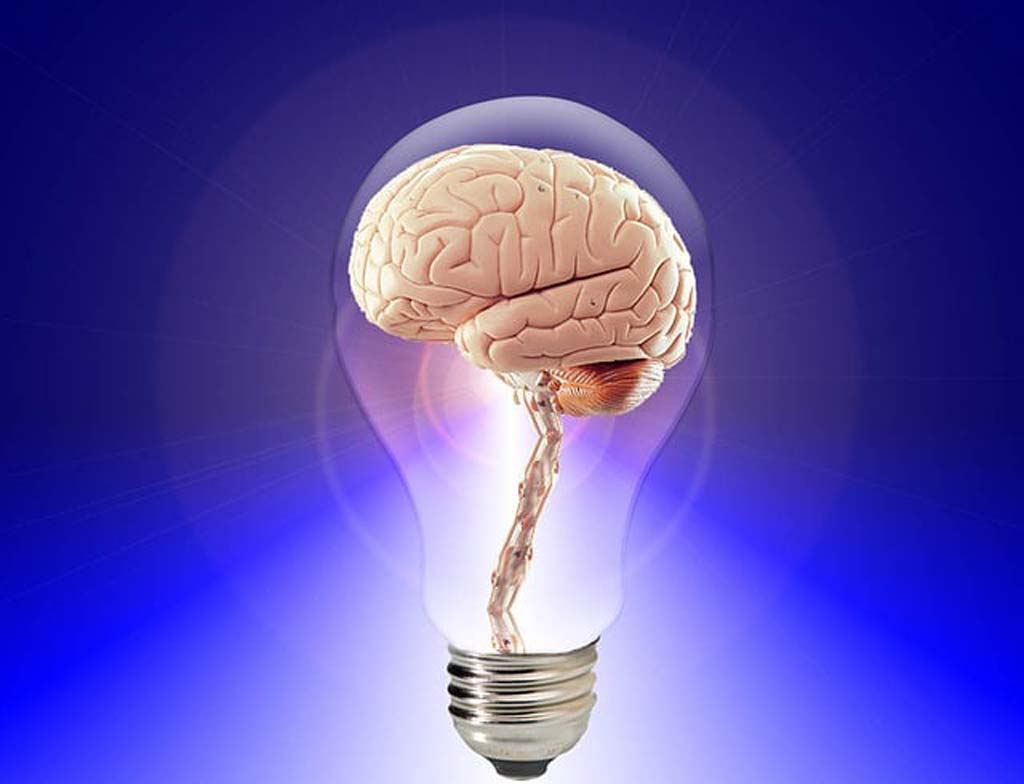
Autopsies on prominent humans enabled the investigation of intelligence relative to brain size. Though some highly intelligent people were found to have possessed significantly larger than average brains, there were many who did not. Gauss, regarded by historians of mathematics as one of the three greatest mathematicians of all time, weighed in at what has been called an “embarrassing” 1492 grams–slightly greater than an average-sized brain.1 Einstein’s brain, part of which resides at McMaster University in Hamilton, Ontario, tipped the scales at 1230 g, which is below average.2 However, subsequent studies have revealed that the brains of both Gauss and Einstein are much more convoluted in structure than average. Einstein’s brain was found to have a higher density of neurons than normal. Some cognitive scientists suggest that high cognitive ability may be associated with a density of connections rather than total brain mass.
With the development of brain scan technology, it became possible to measure actual brain size in humans in vivo, i.e., before shrinkage through age or disease. Studies involving the MRI (Magnetic Resonance Imaging) techniques indicate that there is only a moderate correlation between brain size and intelligence (as measured by IQ tests). The 2003 publication The Scientific Study of General Intelligence asserts:3
The large number of MR [magnetic resonance] studies replicated multiple times by independent groups has unequivocally confirmed a relationship between brain volume and higher IQ scores for normal men and women. The value of this correlation hovers near r = 0.35.
This suggests that other factors such as, neuron density or convolution, must account for most of the difference in intelligence among humans. For the correlation between forehead size and intelligence, visit: https://www.intelligence-and-iq.com/does-forehead-size-say-anything-about-intelligence/
1. Reference to Gauss’s brain size found in Gould, Stephen Jay. 1981, 1996. The Mismeasure of Man. New York: W. W. Norton and Company. p. 125.
2. Witelson, Sandra F., Debra L Kigar, and Thomas Harvey. “The Exceptional Brain of Albert Einstein.” Lancet, 1999, Vol. 353, Hamilton, ON: Department of Psychiatry and Behavioural Neurosciences, McMaster University. pp. 2149–53.
Accessible at: http://www.bic.mni.mcgill.ca/users/elise/Alberts_brain.pdf
3. Gignac, Gilles, Philip A. Vernon, and John C. Wickett. 2003. The Scientific Study of General Intelligence: Tribute to Arthur Jensen. Chapter 6: Factors Influencing the Relationship Between Brain Size and Intelligence. Amsterdam: Elsevier
This report asserts on page 35, “The large number of MR studies replicated multiple times by independent groups has unequivocally confirmed a relationship between brain volume and higher IQ scores for normal men and women. The value of this correlation hovers near r = 0.35.”
In 2017, Gilles and Bates, in a meta-analysis that deleted studies with less reliable measures of intelligence, increase the estimation of r from 0.35 to 0.39. See: Gilles E. Gignac, Timothy C. Bates. (2017); “Brain volume and intelligence: The moderating role of intelligence measurement quality,” Intelligence 64, pp. 18–29.
